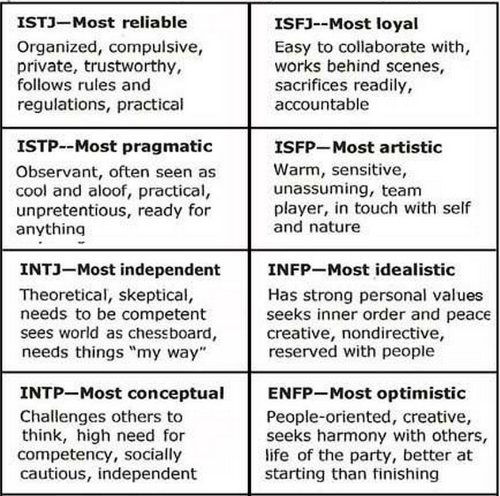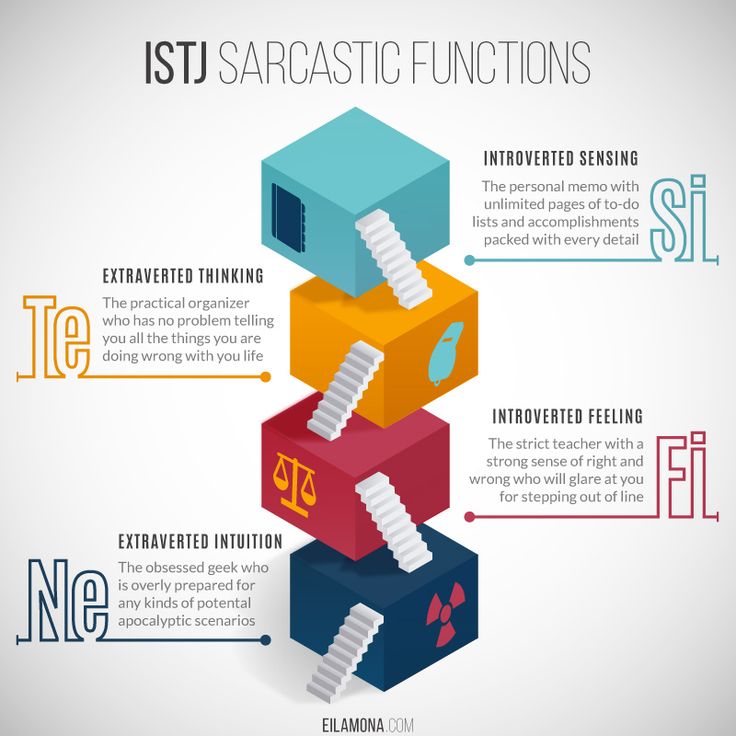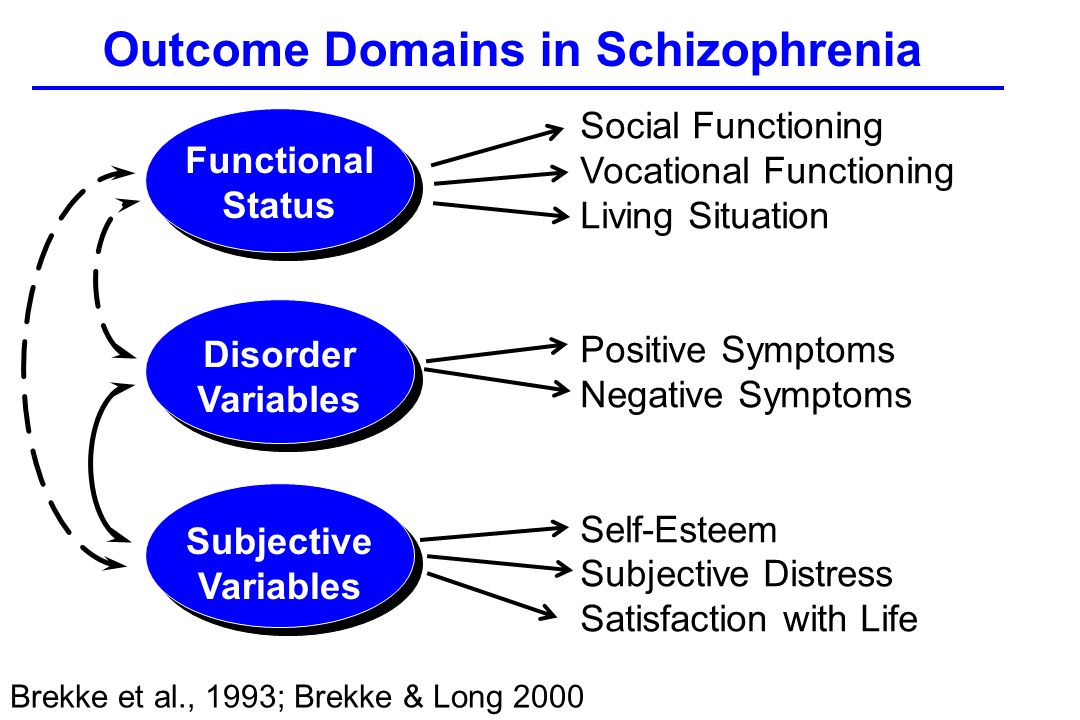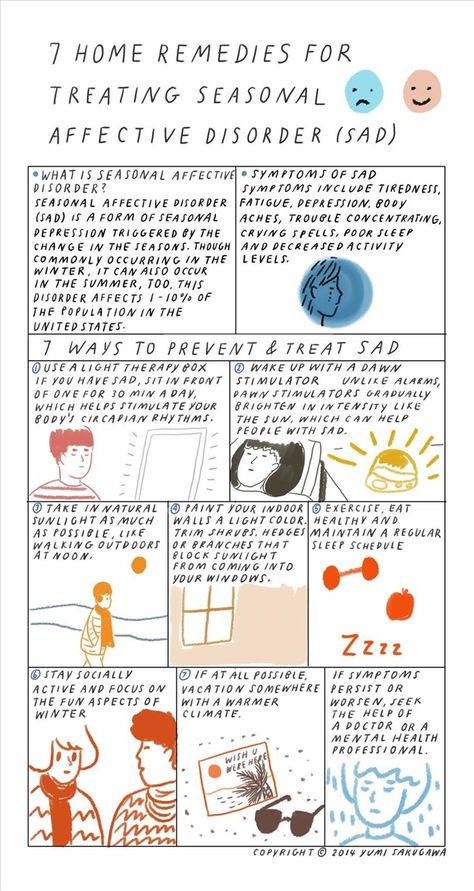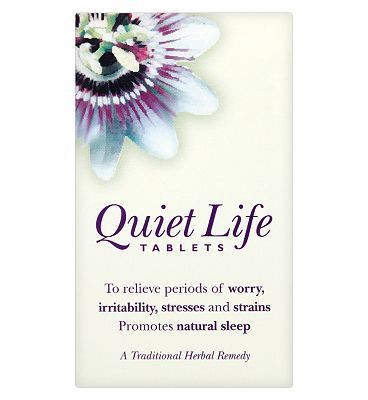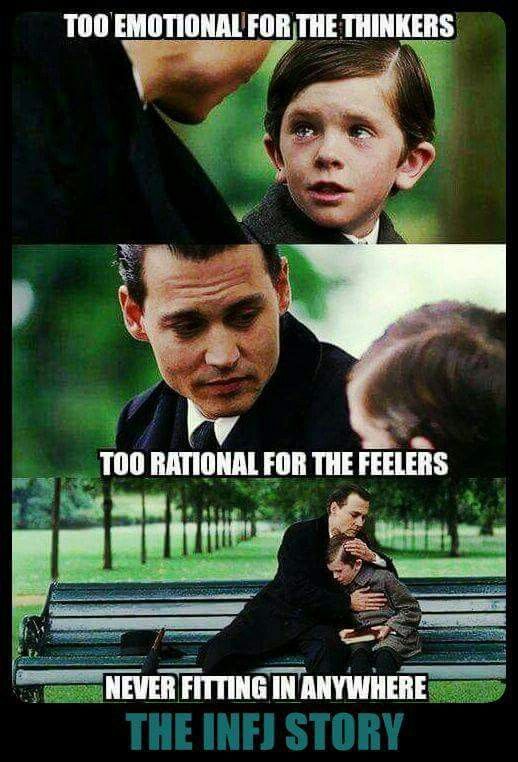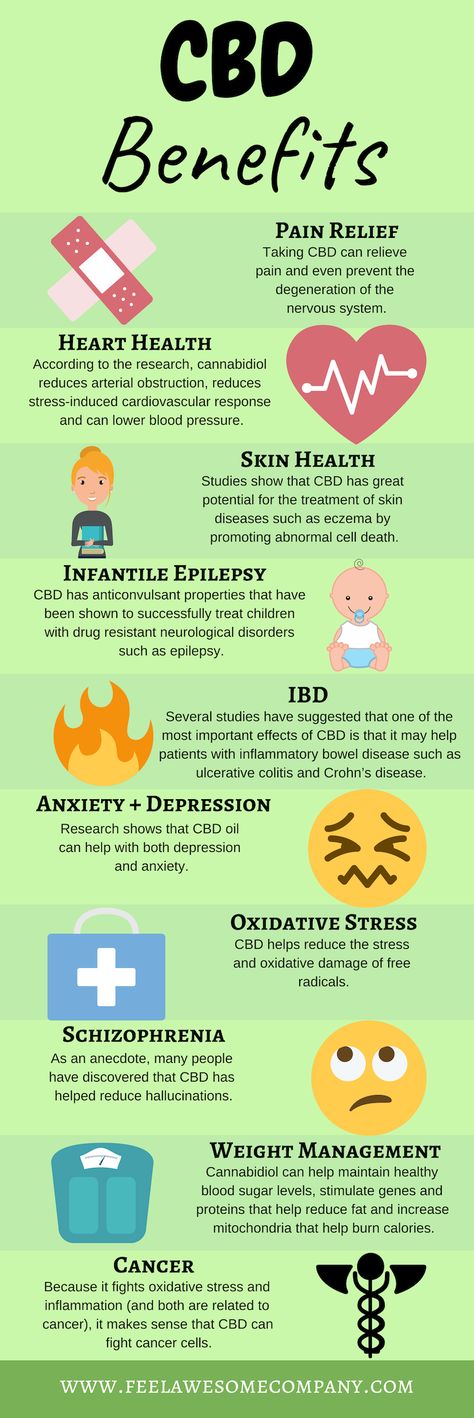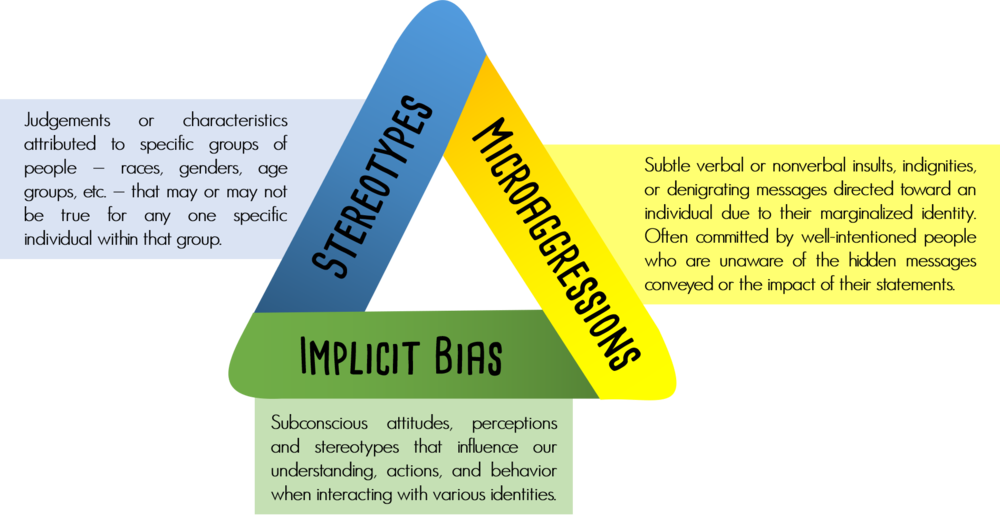I got rejected
Rejection and How to Handle It (for Teens)
Life is about going for things. And when we do, rejection is always a possibility.
Big or Small, Rejection Affects Us All
Rejection doesn't have to be about the big stuff like not getting into your top college, not making the team, or not getting asked to prom. Everyday situations can lead to feelings of rejection, too, like if your joke didn't get a laugh, if no one remembered to save you a seat at the lunch table, or if the person you really like talks to everyone but you.
Feeling rejected is the opposite of feeling accepted. But being rejected (and we all will be at times) doesn't mean someone isn't liked, valued, or important. It just means that one time, in one situation, with one person, things didn't work out.
Rejection hurts. But it's impossible to avoid it altogether. In fact, you don't want to: People who become too afraid of rejection might hold back from going after something they want. Sure, they avoid rejection, but they're also 100% guaranteed to miss out on what they want but won't try for.
Page 1
How to Cope
The better we get at dealing with rejection, the less it affects us. So how can you build that ability to cope?
Here are some ideas:
Be Honest
Coping well with rejection involves working with two things: how you feel and what you think.
Let's start with feelings: If you get rejected, acknowledge it to yourself. Don't try to brush off the hurt or pretend it's not painful. Instead of thinking "I shouldn't feel this way," think about how normal it is to feel like you do, given your situation.
Notice how intense your feelings are. Did this rejection upset you a lot? Or just a little? Cry if you want to — it's a natural way to release emotion.
Now, move on to name what you're feeling. For example: "I feel really disappointed that I didn't get chosen for the school play. I wanted it so badly, and I tried so hard. I feel left out because my friends made it and I didn't. "
"
If you want, tell someone else what happened and how you feel about it. Pick someone who will listen and be supportive.
Telling someone else can help for two reasons:
- It can be reassuring to know that someone understands what you're going through and how it feels.
- It forces you to put your feelings into words.
Whether you decide to share your feelings with someone else or simply think about them yourself, acknowledging feelings can help you move beyond painful emotions.
Page 2
Be Positive
When you're dealing with a painful emotion like rejection, it's easy to get caught up in the bad feeling. But dwelling on the negative stuff can feel like living the experience over and over again. Not only does it keep hurting, it becomes harder to get past the rejection.
So admit how you feel but don't dwell on it. Avoid talking or thinking about it nonstop. Why? Negative thinking influences our expectations and how we act. Getting stuck in a negative outlook might even bring about more rejection. It certainly doesn't inspire a person to try again.
Getting stuck in a negative outlook might even bring about more rejection. It certainly doesn't inspire a person to try again.
Examine Your Thought Soundtrack
Now on to what you think: Consider how you're explaining the rejection to yourself. Are you being too hard on yourself? It's natural to wonder, "Why did this happen?" When you give yourself an explanation, be careful to stick to the facts.
Tell yourself: "I got turned down for prom because the person didn't want to go with me." Don't tell yourself: "I got turned down because I'm not attractive" or "I'm such a loser." These aren't facts. They're imagining a reason, reading too much into a situation. If put-down thoughts like these start creeping into your mind, shut them down.
Self-blaming or put-down thinking can exaggerate our faults and lead us to believe stuff about ourselves that simply isn't true. This kind of thinking crowds out hope and a belief in ourselves — the very things we need to get past feeling bad and want to try again.
If you start blaming yourself for the rejection or put yourself down, you can start believing you'll always be rejected. Thoughts like, "I'll never get a date" or "No one will ever like me" amplify a simple rejection to disaster level. Rejection can hurt a lot and can be terribly disappointing, but it's not the end of the world.
Page 3
Keep Things in Perspective
Tell yourself: "OK, so I got rejected this time. Maybe next time, I'll get a 'yes'" or "Oh, well. This is what happened. I don't like it. It's not how I wanted things to work out. But everyone gets rejected — and I can try again."
Think about what you're good at and what's good about you. Remember times when you've been accepted, when you made the cut, when someone told you "yes." Think of all the people who like you and support you.
Give yourself credit for trying. You took a risk — good for you. Remind yourself that you can handle the rejection. Even though you were turned down now, there will be another opportunity, another time. Get philosophical: Sometimes things happen for reasons we don't always understand.
Get philosophical: Sometimes things happen for reasons we don't always understand.
Use Rejection to Your Advantage
A rejection is a chance to consider if there are things we can work on. It's OK to think about whether there's room for improvement or if your goals were higher than your skills.
If your skills weren't strong enough this time, maybe you need to work on your game, your studies, your interview technique, or whatever it takes to improve your chances of getting accepted next time. Use the rejection as an opportunity for self-improvement.
Sometimes a rejection is a harsh reality check. But if you approach it right, it could help nudge you in a direction that turns out to be the perfect fit for your talents, personality, and all the really great things that make you who you are.
How to Deal With Rejection the Right Way
Rejection hurts, any way you slice or dice it. Maybe you've been turned down by a new crush, rejected from a friend group or didn't get the dream job you applied to — no matter what form of rejection it is, getting told "no" after you've put it all out there can often feel heartbreaking. It can be enough to make you want to stop putting yourself out there again altogether.
It can be enough to make you want to stop putting yourself out there again altogether.
But if you allow one rejection to damper your self-worth and hold you back from living your life, it can have far-reaching consequences, as small as it may be in reality. In fact, dealing with rejection in unhealthy ways can negatively impact your personal relationships — and, in some cases, can even snowball into depression and anxiety, says Leslie Becker-Phelps, Ph.D, psychologist and author of Bouncing Back from Rejection: Build the Resilience You Need to Get Back Up When Life Knocks You Down.
How can you come back from a rejection feeling stronger? Despite this painful experience, getting rejected may actually benefit you — it can empower you to grow and become more resilient later in life. So the next time you get a "no" for an amazing opportunity, or from someone who you care for very much, turn to one of these healthy, adaptive techniques that are all approved by a panel of psychologists.
Realize why rejection hurts so much.
There's a reason all rejections sting so much — and it's not because you're weak or too sensitive. In fact, there's an evolutionary facet to why we desperately need other people to accept us; according to Lori Gottlieb, M.F.T., psychotherapist and author of Maybe You Should Talk to Someone, our need for connection traces way back to ancient history, when humans relied on being in groups to survive.
"When somebody rejects us, there's a very primal piece to it, which is that it goes against everything we feel like we need for survival," Gottlieb says.
Beyond an evolutionary standpoint, our response to rejection also depends on something called our attachment styles, or the models in which we develop our relationships with other people. People who interact with their caregivers in a healthy way as infants, Becker-Phelps says, usually develop a secure attachment style in which they view themselves as being worthy and lovable — but those with insecure attachment styles come to generally view themselves as unlovable, unworthy and inadequate. It's no wonder, then, that some of us have a harder time getting through rejection — our need for connection is wired into us right from birth!
It's no wonder, then, that some of us have a harder time getting through rejection — our need for connection is wired into us right from birth!
Kwanchai Lerttanapunyaporn / EyeEm//Getty Images
Use romantic rejection as an opportunity to prevent another heartbreak.
Out of all the types of rejection, getting rejected from a crush or romantic partner can easily feel the worst, as it involves aspects of yourself that may be outside of your control (like your physicality). According to Lisa Bahar, Ph.D., a licensed marriage and family therapist, romantic relationships have an intimacy component that leads individuals to feel more vulnerable — and therefore, can cause individuals to feel more hurt when we face rejection in this way.
“There’s a deep feeling of abandonment,” says Bahar. “And sometimes, the person might seek to fulfill that abandonment by immediately attaching to another love interest.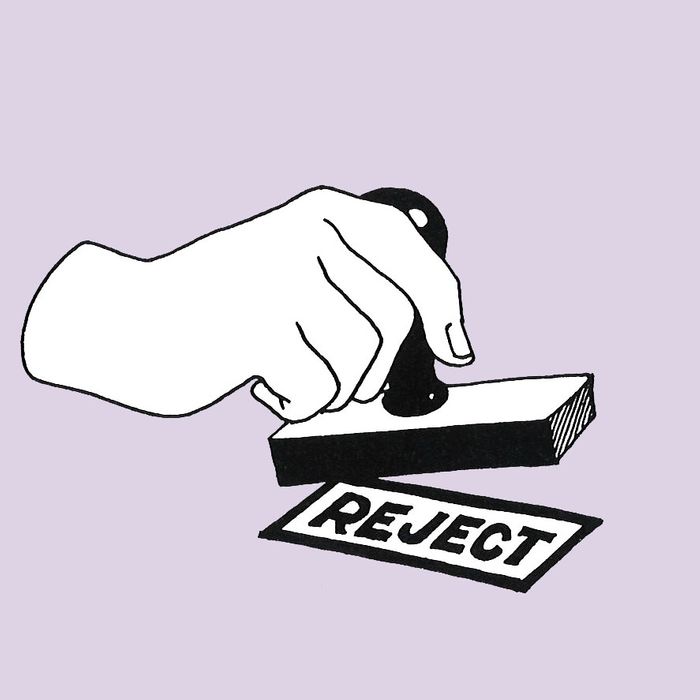 ”
”
But jumping right into another relationship to dull the pain of the first rejection can lead to an unhealthy cycle of reinforcing that old traumatic wound of your first rejection. Instead, Bahar recommends taking some time to self-reflect first; even though you may not be successful at first, trying to land on the root of why things didn't work out may help you be better aware in future relationships.
If, for instance, your partner rejects your marriage proposal (or any proposal to move your relationship to the next level) you should consider it an opportunity to reassess and take stock of your relationship — and self-reflect on your own emotions and intentions.
“A big part of [dealing with that rejection] is values and priorities — checking in with what your values are, and checking in with your partner’s values,” says Bahar. “If there are two different levels of values and priorities, then that’s something that deserves communication about.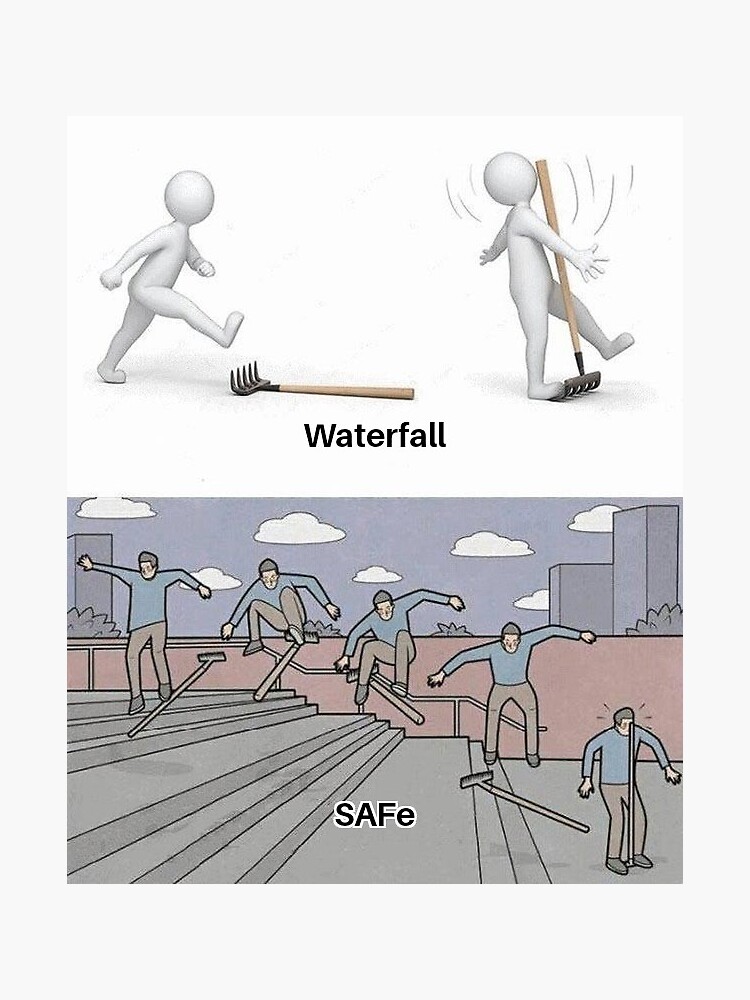 ”
”
Practice self-care and place yourself in a positive, nurturing environment.
"In the immediate aftermath of a rejection, we're not really in that space to think about it because we're in so much pain," explains Gottlieb. Anger and hurt will probably be your immediate reactions after a rejection, but contrary to popular belief, releasing your anger (for example, screaming or hitting a punching bag) doesn't help bring the negative emotion down — in fact, it's likely to even increase it.
Related Story
- 50 Simple Self-Care Ideas to Change Your Life
In these moments, self-care is truly important. Bahar specifically recommends practicing what's known as distress tolerance skills, a set of skills used in Dialectical Behavioral Therapy (DBT) that are designed to survive and manage an emotional crisis. This includes self-soothing skills, which involve soothing each of your five senses. “It’s about creating a safe, emotional safe area for yourself — really taking a multi-sensory experience of your living environment, wherever that is, so that you have a place to heal,” explains Bahar.
“It’s about creating a safe, emotional safe area for yourself — really taking a multi-sensory experience of your living environment, wherever that is, so that you have a place to heal,” explains Bahar.
Try enjoying something visual like looking at pretty pictures or putting flowers in your room; or, slowly sip on a warm beverage; light a nice-smelling candle or even don soft pajamas to feel warm and cozy. Becker-Phelps also recommends physical activities like exercising and going for a run, doing yoga and meditation — all of which can help you get in a balanced place to think more clearly about the situation instead of getting into the rut of emotional thinking.
Andrii Lutsyk/ Ascent Xmedia//Getty Images
Take some time to process your emotions.
After you've taken some time to calm down and get grounded, it's important to pay attention to what you're feeling — and a great way to do this is to write it all down in a journal.
One exercise you can do, says Becker-Phelps, is to literally list all the emotions you're feeling — and then pair them with the thoughts that are going with those emotions. "Just by doing that, you're getting some distance, and then you can cope with the rejection in a better way, because you're not just all tangled up in it," she says.
And whenever you are paying attention to your emotions, remember that it's never helpful to feel like you shouldn't feel a certain way. "Your emotions are never right or wrong, they just are," notes Becker-Phelps.
Avoid rumination and instead affirm your self-worth.After a rejection, we tend to beat ourselves up over the things that might have led us to be rejected — and might even end up dwelling on these negative emotions, a process called rumination. This habit, however, inevitably causes us to feel worse. "The first thing a lot of people do when they get rejected is to be unkind to themselves, and they start coming up with all kinds of ideas about what's wrong with them," Gottlieb notes.
"The first thing a lot of people do when they get rejected is to be unkind to themselves, and they start coming up with all kinds of ideas about what's wrong with them," Gottlieb notes.
Related Story
- How to Love Yourself in 5 Easy Steps
If you have negative thoughts about yourself, Bahar recommends first observing — then challenging — those thoughts. If you have thoughts like “I’m unlovable” after being rejected by a love interest, for example, it’s important to acknowledge that it’s simply a thought. “Tell your mind that you can feel unlovable and still be lovable at the same time,” says Bahar. “It’s just a feeling, it’s just a thought — it’s not a fact.”
To affirm your self-worth, write down some things that are positive about yourself — for instance, come up with a list of some of your strengths and values, and start your morning off each day by reading them out loud to yourself.
"This doesn't mean just talking yourself up, but thinking about what makes you, you," explains Becker-Phelps. By helping you hold on to the things that are a part of you, these self-affirmations will help you feel stronger just by recognizing who you really are and how you identify yourself, especially in the face of self-doubt that often comes with rejection.
By helping you hold on to the things that are a part of you, these self-affirmations will help you feel stronger just by recognizing who you really are and how you identify yourself, especially in the face of self-doubt that often comes with rejection.
wundervisuals//Getty Images
Lean on a support system and the people you love.
The most important thing to remember is that life doesn't boil down to this one rejection — there are always plenty of people who are on your side. To remind yourself that you haven't been completely shunned by the world, turn to your friends and family; make sure that you're still feeling truly connected with other people around you. If you're trying to figure out how to deal with rejection from a crush, for instance, you might want to turn to your friends for moral support and some quality BFF time.
"Connection is so important because it reminds us of all the things that we can't remember in that moment: It reminds us of how lovable we are … that people care about us … that we're worthy," Gottlieb says.
Related Story
- 5 Simple Ways to Be More Confident in Yourself
Even if you can't actually spend time with a loved one at the moment, try taking some time to just think of someone who's important in your life. In fact, you can even find a picture of them — preferably a photo of you two enjoying your time together — and set some time to look at it each day while reminding yourself that this person supports you.
"Sometimes by repeating that and seeing the pictures, you start to take it inside and then you kind of carry it in your heart more strongly," Becker-Phelps shares. "So when a difficult situation comes up and you feel rejected, you can go back to the image of that person — even just in your mind — and feel comforted by them because you've been practicing feeling comforted."
Double down on healthy lifestyle habits to bounce back.
Sometimes, it can boil down to just everyday things in your home or work routine that might influence how you respond to rejection.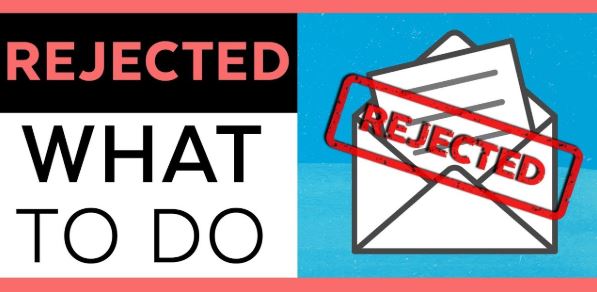 Maybe you didn't get enough sleep, or haven't been eating well lately. These things can definitely make it harder to handle rejection in a healthy way — so one thing you can do to cope better is to work on leading a healthy lifestyle.
Maybe you didn't get enough sleep, or haven't been eating well lately. These things can definitely make it harder to handle rejection in a healthy way — so one thing you can do to cope better is to work on leading a healthy lifestyle.
This means focusing in on eating well, exercising frequently, and staying hydrated, all of which can help you stay strong in the face of rejection. "The healthier your lifestyle, the more resources you have then to deal with difficult situations," notes Becker-Phelps.
Don't let rejection stop you from trying again.If there's one important skill to learn from rejection, it's that you should never let it stop you from your future endeavors — getting rejected is just an inevitable part of life, after all, and every single successful person has experienced it at one time or another.
So the next time you're turned down for a date or a promotion you've been gunning for, remind yourself that rejection happens to everyone — and instead of allowing yourself to be devastated and beat down, ask yourself what you can do going forward.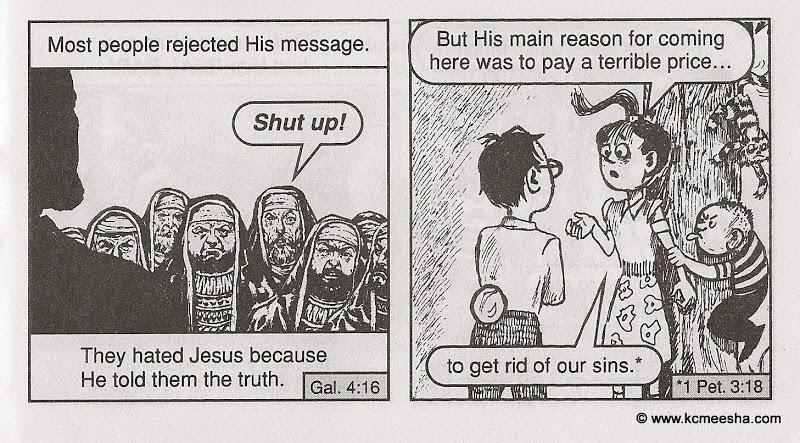 "The most important thing is to not sit in the rejection, but to say; Is there anything I can learn from this experience?" asks Gottlieb. "And then what can I do moving forward? Where can I go?"
"The most important thing is to not sit in the rejection, but to say; Is there anything I can learn from this experience?" asks Gottlieb. "And then what can I do moving forward? Where can I go?"
Read More:
- How to Quit Being Angry
Hannah Jeon
Associate Commerce Editor
Hannah (she/her) is the associate commerce editor for Prevention. Previously, she was the editorial assistant for Good Housekeeping, where she writes health content and assists with social media strategy across platforms including Instagram, TikTok, Facebook and Twitter. Previously GH's editorial fellow, she earned her bachelor's degree in writing seminars and psychology from Johns Hopkins University. When she isn’t endlessly scrolling through social media, you can often find her clicking away behind a camera, fangirling over Taylor Swift or trying out new food spots in New York City.
This content is imported from OpenWeb. You may be able to find the same content in another format, or you may be able to find more information, at their web site.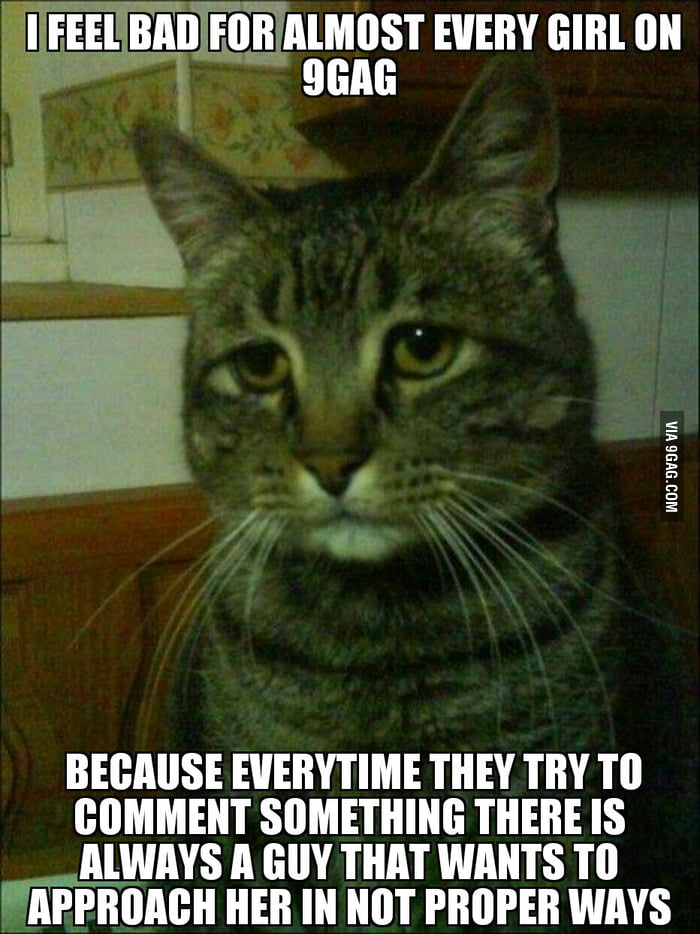
6 Things to Remember When You're Rejected - HEROINE
When you're rejected, it's hard not to take it personally, especially when it comes to romantic relationships. The feeling that you are not good enough haunts you for a long time. Here's what to say to yourself to get rid of this emotion.
1. It's just a statistic
Everyone who seeks and shows initiative faces rejection. Specific failure says nothing about you, it's just a statistic. nine0003
It is the same with any business: only those who do nothing do not fail. Understanding that rejection is a common thing that happens to everyone will help you to not give up and try again.
Ask 100 people about anything, and among them there will be someone who will be interested. Have you noticed one and are surprised that your sympathies did not coincide?
The best way to accept rejection is to do it quickly. Be positive, move on and don't dwell on someone who isn't interested in you. nine0003
2.
 Attraction is subjective
Attraction is subjective
It is easier to go through rejection when a person has an objective reason - sympathy for another girl or unwillingness to enter into a relationship now. Try to forget if you're just "not his type."
But even this phrase says nothing about you. One person may fall in love with a girl for what another considers a disadvantage. It's not that something is wrong with you, but in the personal preferences of a particular guy. You cannot change his tastes, but you can not take them personally. nine0003
3. If someone rejects you, he is not right for you.
You may have thought that you have a lot in common and this guy is the perfect candidate for the role of the man of your dreams. But, he rejected you, this suggests that you were mistaken. He is not able to appreciate you - this is an obvious sign that the person is not right for you. It is unlikely that you want to be with someone who needs to be convinced that you are worthy of love.
1Read on the topic: Get out of my head: 8 tips on how to forget a person
4. On your way you will meet another guy who will appreciate you
An important thought to help you deal with rejection is that there is no other half. There are billions of men in the world, if you think that only one of them suits you, you have problems with mathematics.
What prevents you from seeing how many interesting guys are around - obsession with the only one who does not want to be with you.
5. Unrequited love happens to everyone. You are not the first, you are not the last
It is easier to take any trouble when you understand that you are not unique in your misfortune. Kylie Minogue, Demi Moore, Naomi Campbell and other desirable women have faced unrequited love, betrayal and other typical relationship problems. This is not a reason to gloat, but an opportunity to remind yourself that getting rejected by someone you like is also a part of life.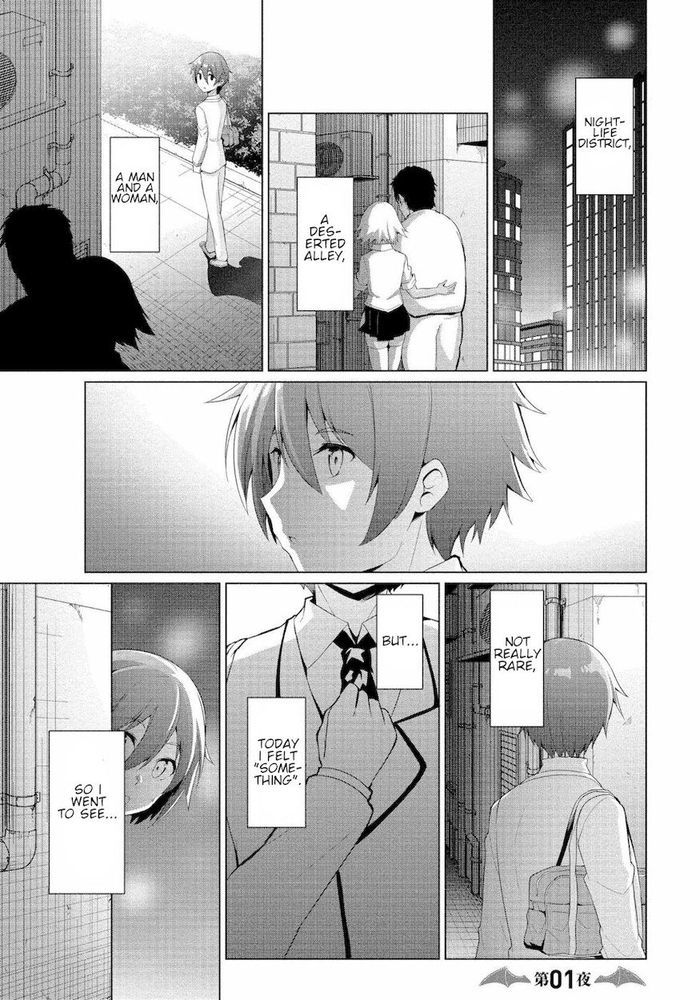 nine0003
nine0003
6. One day you will be glad that it happened
We remember all the rejections, failures, painful breakups with relief when we find harmonious healthy relationships. The guy who rejected you gave you the opportunity to meet someone who will truly appreciate and satisfy you. Rejection is a new beginning and a new chance.
Have you been rejected by men and what helped you get through it?
Add to favorites
Share
Related articles: nine0003
Coping with being rejected
When you get dynamized, dumped or your feelings are not reciprocated, it can be a shock, and trying to understand why it happened (“Did I text too often?”, “I was too pushy on our last date?", "Does he think my dream of going to Hollywood is stupid?"), it can be hard. Some people toss an entire jug of frozen mango margaritas into themselves and show up at their ex's doorstep, demanding answers about why things didn't work out for them. Others go on a digital rampage, erasing all trace of an ex or ex from their social media feeds. Is there a better way to deal? nine0003
Others go on a digital rampage, erasing all trace of an ex or ex from their social media feeds. Is there a better way to deal? nine0003
Advertisement
We asked a sex educator, podcast hosts, dating coaches, and a philosophy professor to tell us how to deal with this crap. They gave us the best advice on how to move on, see things more clearly, and find an almost zen feeling of peace after your heart has been trampled on. Answers edited for length and clarity.
Andrea Silenzi, Why Oh Why podcast host/producer
I will not endure in silence when I am quietly abandoned! This is socially unacceptable and I think we need to prepare a new generation of ghost hunters, abandoned, ready to go after the man who abandoned us without explanation, and make it clear that we deserve to be treated like the real ones, mother them, people. Don't be shy, try to resist. We keep our pride by being silent and pretending we don't care. However, in my opinion, truly pride is restored by speaking frankly about the pain felt. Express your outrage when this person refuses to act like an adult. This may make me a strange value system, but I don't think we should feel rejected at all. Rejection is something we feel by choice. Feeling rejected, I usually project my complexes on the named reasons. In fact, the rejection I feel is about my relationship with myself. I think about the qualities of this person that I was obsessed with, and usually it turns out to be just a trait that I would like to have. Sometimes I accept rejection and try to channel that energy into acquiring that quality. nine0003
Express your outrage when this person refuses to act like an adult. This may make me a strange value system, but I don't think we should feel rejected at all. Rejection is something we feel by choice. Feeling rejected, I usually project my complexes on the named reasons. In fact, the rejection I feel is about my relationship with myself. I think about the qualities of this person that I was obsessed with, and usually it turns out to be just a trait that I would like to have. Sometimes I accept rejection and try to channel that energy into acquiring that quality. nine0003
If you get rejected, you may feel small. If you do not take into account the temptation to console yourself by making someone feel even smaller than themselves. Welcome this temptation, pour him a cup of tea and let him pass. After you've been dumped, fantasizing about revenge can be fun. The best revenge is to live well. Spend as much time on this as you need - a month, a year, a decade. You don't have any schedule. Now many poems and songs can call to you more directly. The circumstances of our encounter with a work of art change our perception of it, so perhaps you should go hunting for whatever appeals to you. I recommend that you read The Glass Essay by Ann Carson, read Agais Happiness by Eric Wilson, Tiny Beautiful Things by Cheryl Strayed and Milk And Honey" ("Milk and honey") Rupi Kaur. Watch Hal Hartley's Survive Desire and listen to philosopher Lucy Alle talk about generosity .
Now many poems and songs can call to you more directly. The circumstances of our encounter with a work of art change our perception of it, so perhaps you should go hunting for whatever appeals to you. I recommend that you read The Glass Essay by Ann Carson, read Agais Happiness by Eric Wilson, Tiny Beautiful Things by Cheryl Strayed and Milk And Honey" ("Milk and honey") Rupi Kaur. Watch Hal Hartley's Survive Desire and listen to philosopher Lucy Alle talk about generosity .
Photo by Matthew Weib, courtesy of Creative Commons
Advertisement
Ending a relationship isn't a failure, it's an opportunity to find someone you're more compatible with. Get out of this state, save momentum. Research seems to indicate that retreat is truly effective, that immediately returning to duty is not only a reasonable option, but also leads to better outcomes than floundering. Don't forget that when someone says "no", it doesn't mean "because you're terrible". It could mean anything. Rejection doesn't always have to go through. nine0003
It could mean anything. Rejection doesn't always have to go through. nine0003
However, if you keep using the same approach and it never succeeds, this may be a chance to reevaluate your methodology: who are you targeting and why it doesn't work. While this wound is open, we have the opportunity to examine injuries that did not heal properly in the first place and lay a better foundation for the future. What makes this situation so terrible? What is the pain behind it? Do you think you won't find love again? Do you feel betrayed or fooled? Does it remind you of a long-standing hurt or existential pain? Take advantage of this time to do something useful for yourself, something productive, creative, or something else useful to you. I'm all for turning myself into a collection of breakup songs - both angry and sad and hopeful - and listen to it while doing something else, expressive: exercising, doing art, writing, etc. . Feel the feelings and analyze them. nine0003
Advertising
Most of all I like to approach rejection with empathy. Instead of blaming rejection on the other person, I like to look inward and try to understand a little more from their point of view. Do theory of consciousness at some basic level in order to understand a little better what happened in this person's life. I wrote How to Get Over a Breakup, but it all boils down to the same simple things. First, accept your feelings for what they are. I would recommend practicing mindfulness meditation called Metta Meditation : during which one accepts what happened and also that all the different people in these events are unique and wonderful individuals who may have gone through everything. We need to show much more empathy for the people we meet. Very often we very quickly condemn them and quickly begin to believe that the point is that they do not appreciate us, that it is they who are to blame. This is a dangerous point of view.
Instead of blaming rejection on the other person, I like to look inward and try to understand a little more from their point of view. Do theory of consciousness at some basic level in order to understand a little better what happened in this person's life. I wrote How to Get Over a Breakup, but it all boils down to the same simple things. First, accept your feelings for what they are. I would recommend practicing mindfulness meditation called Metta Meditation : during which one accepts what happened and also that all the different people in these events are unique and wonderful individuals who may have gone through everything. We need to show much more empathy for the people we meet. Very often we very quickly condemn them and quickly begin to believe that the point is that they do not appreciate us, that it is they who are to blame. This is a dangerous point of view.
Allow yourself to feel what you feel. Sadness, pain, anger - all these feelings are valuable, no matter how many times your friends say that he / she is not worth it. By trying to ignore the fact that we feel it, we may become distracted by something unhealthy or resort to unhealthy coping mechanisms. You will do yourself a greater favor if you honor your experiences without judgment. You should not try to get answers from your ex or ex: it will only make things worse, and it also shows that you have no boundaries. We often use the idea of "drawing together" as something that will help us understand, reconcile, or let go. True, in the end, this always prolongs unnecessary communication and raises even more questions that need comprehensive answers. You don't need your ex to get these answers. If the relationship broke up, then you don’t need any more evidence. Stay true to your worth and keep your head up high! nine0003
By trying to ignore the fact that we feel it, we may become distracted by something unhealthy or resort to unhealthy coping mechanisms. You will do yourself a greater favor if you honor your experiences without judgment. You should not try to get answers from your ex or ex: it will only make things worse, and it also shows that you have no boundaries. We often use the idea of "drawing together" as something that will help us understand, reconcile, or let go. True, in the end, this always prolongs unnecessary communication and raises even more questions that need comprehensive answers. You don't need your ex to get these answers. If the relationship broke up, then you don’t need any more evidence. Stay true to your worth and keep your head up high! nine0003
Sometimes people take rejection to heart. But what usually happens is not rejection. I motivate the people I work with to look at it this way: if you are not right for this person, then they are not right for you. We cannot be for everyone, and relationships often run out of steam. People's wants and needs change. This does not make you inferior, but rather clears the way for you to eventually meet someone much more suitable for you. Holding on to resentment will only hurt you longer. Forgiveness is by no means condoning your ex's behavior (if you've suddenly been dumped or your ex hurt you), it's about letting yourself go and moving on. nine0003
People's wants and needs change. This does not make you inferior, but rather clears the way for you to eventually meet someone much more suitable for you. Holding on to resentment will only hurt you longer. Forgiveness is by no means condoning your ex's behavior (if you've suddenly been dumped or your ex hurt you), it's about letting yourself go and moving on. nine0003
Advertising
Surround yourself with people who remind you how gorgeous you are. Use tools like journaling and meditation to work through your experiences. Trust that it will get easier, even if it doesn't feel like it at the moment. The key here is to take small positive steps every day. To recover faster, listen to my podcast, Let's Talk Heartbreak, which is relaunching this summer. I also recommend Dr. Karin's Love and Life podcast and Love is Like a Plant podcast. If we talk about books, then I always recommend to clients: "The 4 Agreements" ("4 agreements"), " Attached " ("Attraction"), "Emotional First Aid" ("Emotional First Aid"), "The 5 Love Languages" ("5 love languages") and "Single Is the New Black" ("Loneliness is the hit of the season "") .
Angela : I strongly believe that exes should be blocked on social media. In my opinion, the fastest way to forget a person is to make sure that he does not catch your eye every time you look at the phone.
Laura: If you're suddenly dumped, it's not about you. The other person doesn't have the courage to be an adult and tell you, "I'm not ready for a relationship." Or, "Look, I dated a couple of people, and I actually got into a serious relationship with someone else." Or: “Listen, I really like you, but this is somehow not the right time.” Just remember that, what a fool this other person is. Do you want to date such a person? Probably not. It's terribly old fashioned, but my bible when I've been thrown in one way or another has always been the book Promise does not mean marriage "or" Why Men Love Bitches "(" Men love bitches "). It was the books from the early 2000s that helped me get through breakups and also inspired me to write a book on my own and refine those books.

